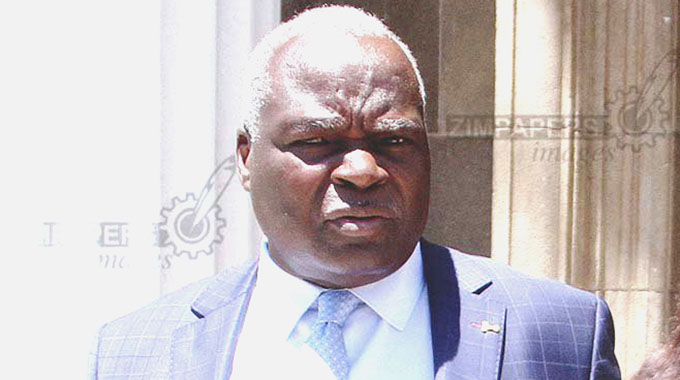Cholera knocking on our doors, again!

Rumbidzai Ngwenya Correspondent
Almost on a yearly basis, people die of cholera in Zimbabwe, mostly in Harare.
Cholera outbreaks have become more of a ritual than a disaster that it has become common for people to lose lives.
Outbreaks of cholera, an acute enteric infection caused by the ingestion of bacterium vibro cholarae present in faecal contaminated water or food, have ravaged Harare suburbs for the past years, leaving hundreds of people dead.
Cholera has been frequent since the early 1990s.
Major outbreaks occurred in 1999, 2002, 2008, 2017 and most recently in 2018.
Mbare, Budiriro and Glen View have always been the epicentre of the pandemic.
The why question can easily be answered by the fact that these suburbs, like most, if not all, lack proper sanitation.
Garbage piles everywhere, sewage flow in streets and safe drinking water becoming is scarcer by the day, hence, the danger of cholera is always looming.
Now that the causes of cholera still exist, even though a few people were vaccinated against the disease, are we not exposed to another outbreak?
Unless sanitation is improved in big cities, maybe the country should brace itself for yet another outbreak and very soon.
This year, apart from living next door to garbage and jumping sewage in streets, people are facing serious water shortages.
The councils, particularly Harare, have been known for their reputation of not providing reliable sources of water to residents, and that has not changed.
It’s either taps are dry or the water is dirty. Without water it is known that hygiene is never achievable.
The past rainy season was also not as giving, as the country received little rainfall.
Sources of water such as wells that people in cities depend on for chores, bathing, washing and toilet are running dry earlier this year, leaving people more vulnerable than before.
People in Harare rely on boreholes, which are inadequate to cater for the over-populated suburbs and they are also at times found to be contaminated.
In Chitungwiza, a town that accommodates a booming population, the struggle for water is real and getting harder by the day.
In Unit O, for example, it has been weeks since a drop of water came from the taps.
There are a couple of electricity-pumped boreholes, which only provide water when there is electricity supply.
But the challenge, apart from the fact that they cannot cater for thousands of families in this suburb, there has been a massive load-shedding of electricity.
Electricity is available six hours or less during the night only, meaning everyone has to get the precious liquid during those hours.
With the number of people who depend on these boreholes, there is always unimaginable queues and commotion.
Even though, not everyone manages to beat the six hours, as such some households can go for a day or two without water.
Along Seke Road, there is only one borehole that doesn’t require electricity, and people spend more than 12 hours in the queue, or even more.
Some people have taken advantage of the situation and trucks have been seen around selling water at $1,50 per bucket.
The source is unknown and not all can afford to pay that much. It is a disaster.
This is just July, there is still about five months before the rains come again.
With the state things are in now, and the threat people are already in, it is a great concern how far they would go.
Without proper interventions, Chitungwiza, and most suburbs in Harare are likely heading for another cholera outbreak.
The country cannot sit back and watch people die every year.
There are measures that were put in place to curb cholera. People were vaccinated, WASH (water, sanitation and hygiene) activities, including regulation of food vendors activated and the National Emergency Operation Centre was also activated. But the question is, is it working or rather was it enough?
If there cannot be measures to stop cholera or prevent it, then we should be prepared to face it.
The Government and the private sector should come together and provide water for residents before disaster strikes, rather than wait for people to die first to start installing tanks, trucking water and donating money.
We need to prevent disasters such as cholera because they are preventable rather than wait to face battles we are not ready to win.
The country should have taken lessons on cholera by now. Service delivery should have been lobbied to be improved or a fund maybe known as “The Cholera Fund” put in place to help prevent the pandemic.
We cannot sit back every year, waiting for cholera to savage our own and still be proud as a country, can we?
And already this year, cholera is knocking on our doors.
It is just a matter of time before it lets itself in, and when it does, death will be inevitable.










Comments